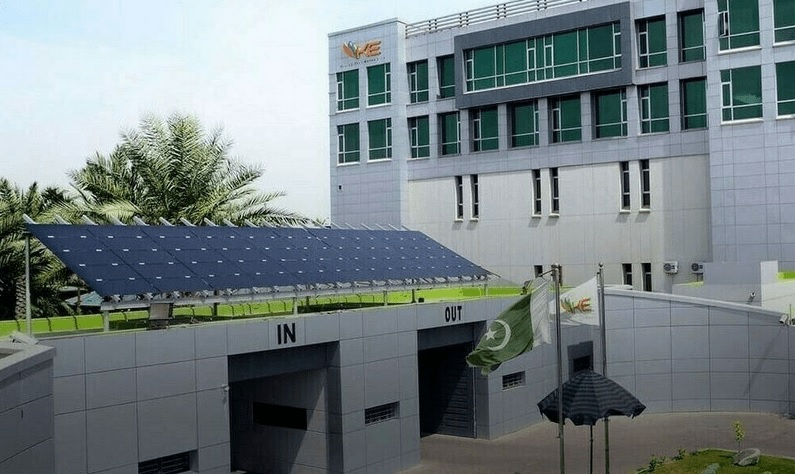Karachi, February 14, 2020: Pakistan has made considerable progress in the last few months in advancing reforms and continuing with sound economic policies.
According to a Statement issued by IMF at the Conclusion of the IMF Mission to Pakistan, all end-December performance criteria were met, and structural benchmarks have been completed.
Steadfast progress on program implementation will pave the way for the IMF Executive Board’s consideration of the review.
In implementing the program, development and social spending have been accelerated.
An International Monetary Fund (IMF) mission, led by Ernesto Ramirez Rigo, visited Islamabad during February 3-13, to initiate discussions on the second review of the authorities’ economic reform program supported under the Extended Fund Facility (EFF) arrangement (see Press Release No. 19/264). At the conclusion of the visit, Mr. Ramirez Rigo made the following statement:
“The IMF staff team had constructive and productive discussions with the Pakistani authorities and commended them on the considerable progress made during the last few months in advancing reforms and continuing with sound economic policies. The mission and the authorities made significant progress in the discussions on policies and reforms. In the coming days progress will continue to pave the way for the IMF Executive Board’s consideration of the review.
“The macroeconomic outlook remains broadly as expected at the time of the first review. Economic activity has stabilized and remains on the path of gradual recovery. The current account deficit has declined, helped by the real exchange rate that is now broadly in line with fundamentals, while international reserves continue to rebuild at a pace considerably faster than anticipated. Inflation should start to see a declining trend as the pass-through of exchange rate depreciation has been absorbed and supply-side constraints appear to be temporary. Fiscal performance in the first half of the fiscal year remained strong, with the general government registering a primary surplus of 0.7 percent of GDP on the back of strong domestic tax revenue growth. Development and social spending have been accelerated.”









